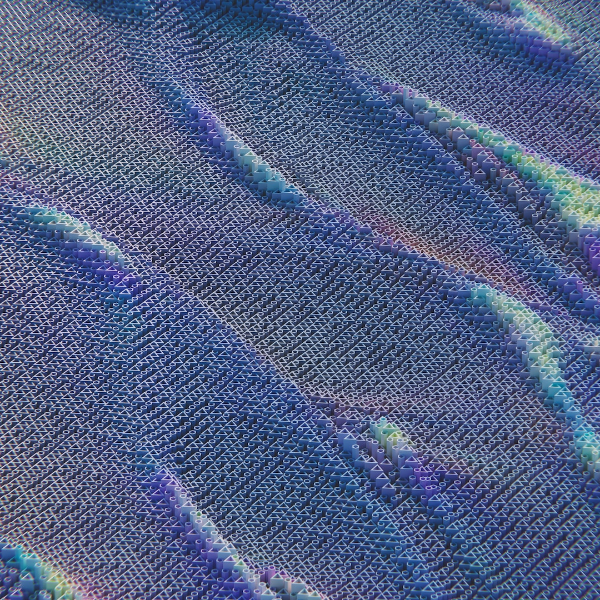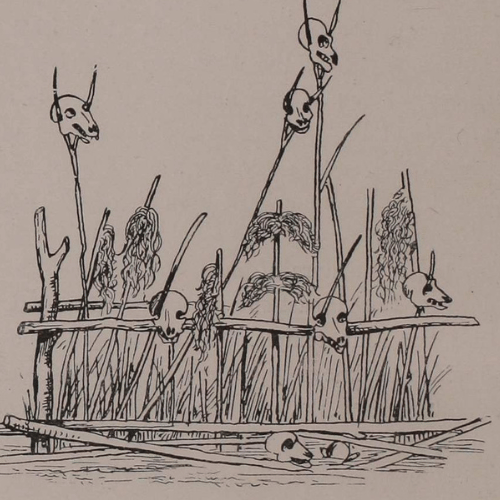Key Insights from the Committee on Publication Ethics’ Publication Integrity Week 2024: Peer review, research integrity, and collaboration
November 27, 2024
COPE's Publication Integrity Week 2024 brought together representatives across various communities including researchers, editors, publishers, institutions, funders, and research integrity sleuths to discuss research integrity and the challenges facing research publishing. Three Wiley colleagues brought their thought leadership to these sessions; we're sharing some key takeaways below.
The future of peer review
Louisa Flintoft, Senior Director, Journals Publishing, was a panelist on "The Future of Peer Review" session, where peer review was celebrated as a cornerstone of scholarly publishing, but one with significant challenges that need to be addressed. Some key takeaways from the discussion of peer review include recognition that:
- The increasing volume of research papers and associated pressure on the pool of peer reviewers continues to make it difficult to secure qualified peer reviews for manuscripts.
- The potential of AI to enhance peer review and reduce the burden on reviewers is an exciting prospect, but important questions are still being asked about just how much AI could and should replace people in the peer review process, and privacy issues are still a concern.
On a similar note, the “Is there a Crisis in Peer Review?” session raised the following points:
- Institutions could play a greater role in improving the peer review process by celebrating peer review as a training exercise for junior faculty and a way to initiate a mentoring relationship between senior and junior faculty.
- Alleviating the pressure on peer reviewers to return their reviews quickly could help increase the number of available reviewers in the pool.
Ensuring the integrity of the scholarly record
Mike Streeter, Director, Research Integrity Strategy & Policy, participated in the "What Role Do All Stakeholders Play in Ensuring the Integrity of the Scholarly Record?" panel. This session focused on the collaborative efforts needed across all parties and stakeholders within the research publishing process to uphold integrity and trust in the scholarly record. Here are some of the panel insights:
- The incentive to publish, which is only going to intensify, plays a big part in the challenges facing research and publishing integrity.
- Published research may be problematic due to honest errors or due to intentional manipulation and research misconduct; regardless of the concern raised, publishers have a duty of care to investigate and to maintain the integrity of the published literature.
- To reduce the pressure on researchers to produce novel conclusions, journals need to embrace the publication of null findings, provided the research is sound.
- Retractions, although a form of post-publication correction, still carry a negative connotation and we need to change the culture around their use.
- In some cases, retractions are actually positive as they correct honest errors, but mass retractions can point to systemic issues.
- There needs to be a greater focus on efficiently managing post-publication concerns to reach quicker outcomes, other forms of post-publication amendment are worth exploring.
Collaborative efforts in the post-publication correction of research
Elizabeth Moylan, Senior Manager, Research Integrity Strategy & Policy, was part of the "United2Act Insights on Ongoing Projects" session (as Chair of Working Group 2), which covered the collaborative work being done within the United2Act initiative. Here are the key updates shared:
- Working Group 2 focuses on improving post-publication correction. The group has representation from across researchers, research integrity sleuths, and contributors from institutions, editors, publishers, and database and analytics providers to address paper mills and the systematic manipulation of scholarly publishing.
- Earlier this year, the group released guidance discussing the challenges with post-publication and made a series of recommendations in this report, including the use of neutral notifications to quickly flag a potential issue.
- New resources have been released to support the working group’s goals, including an infographic on the challenges of making post-publication corrections and an infographic on the recommendations for making post-publication corrections.
It’s clear that an underlying theme of COPE’s Publication Integrity Week was one of collaboration. By bringing together representatives from across the various contributor groups, COPE helped to make real progress in advancing the discussions and providing practical support for all those involved in research publishing.
Explore our Research Integrity hub>>











